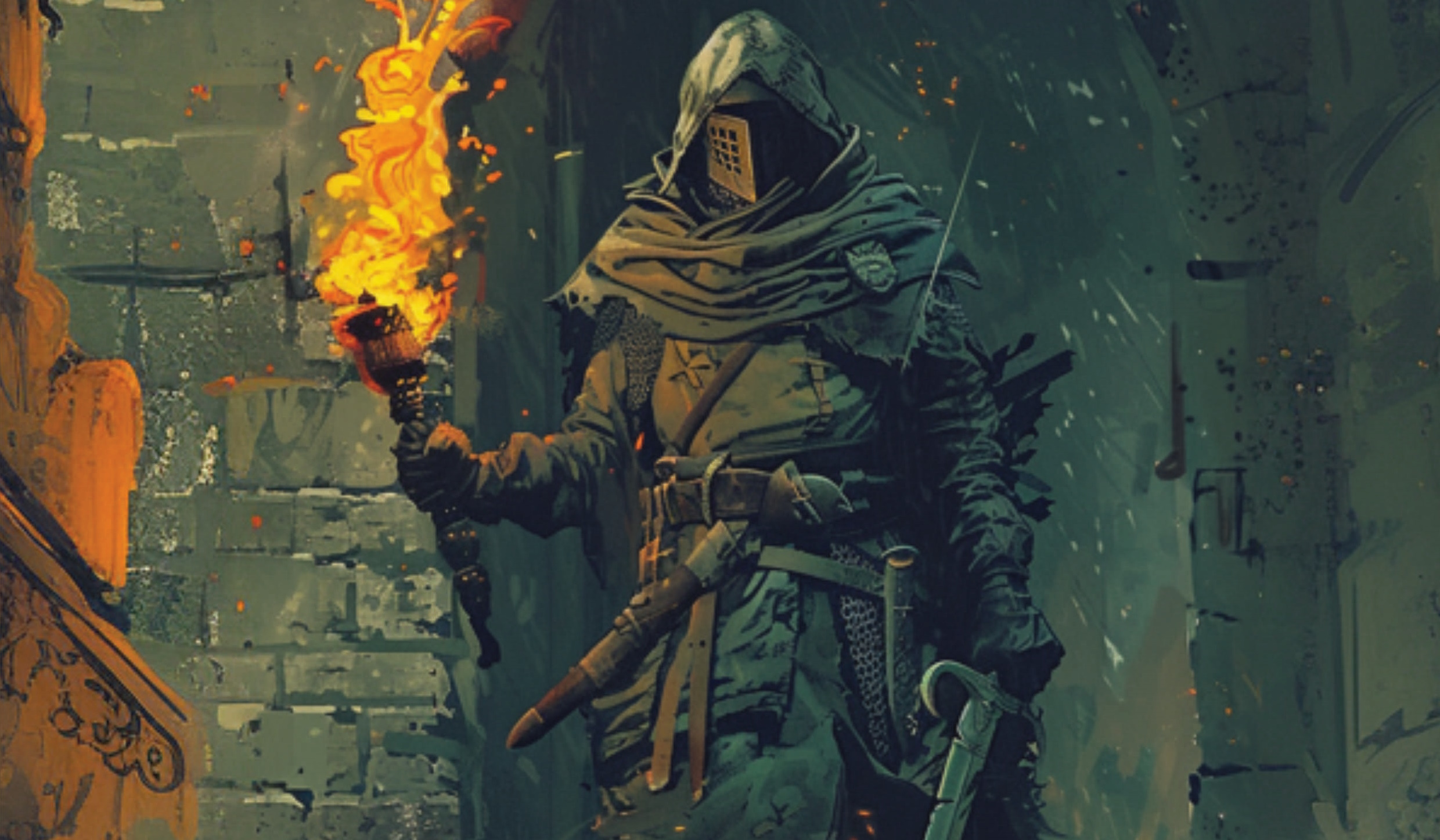Thoughts on the Index Card RPG
I don’t actually remember how I stumbled upon the Index Card RPG CORE by Runehammer Games. It could be someone mentioned it in a chat, or I just saw it on sale at RPGNow. Eventually I picked it up, since it looked as if I could like it. And in fact, I do love it. It’s one of those games I wished I came up with.
At its core the Index Card RPG CORE (no pun intended) is an ultra-light variant of D&D. It uses the same attributes, but in form of their bonuses instead of the regular 3 to 18 attribute scores. There are no levels, advancement is fully equipment based. Characters’ and monsters’ hitpoints are rated in “hearts” with each heart being 10hp. Difficulties for rolls are not set on a per case basis, but there’s a common threat level for each scene, which the GM can adjust as they see fit.
One of the coolest changes to regular D&D is Effort. In cases a simple check on whether you succeed or not is not enough, you roll first if you succeed on your task (d20 + attribute vs. threat), and then – if successful – you roll effort. It’s a d4 if you use your raw wits or bare hands, d6 for weapons, d8 for magic, and d12 is your Ultimate which comes in play when your action check was a natural 20. Some items may also allow you to use your Ultimate effort. In this system things you have to overcome (a cliff to climb, a trap to disarm, a chest to open) also have hearts. Cracking that lock open is mechanically more like attacking it with a lockpick. you could even use this for social conflicts.
In a way the Index Card RPG CORE reminds me of Into The Odd, another ultra-light D&D clone. It strips away a lot of what people usually consider sacred cows but retains what makes the game exciting to people. By the way, I forgot to mention why it’s called Index Card RPG. The game doesn’t rely on the use of index cards at all. But the creator of the game is a fan of the “Index Card Method”. I’ve included a video about said method below.
httpv://www.youtube.com/watch?v=27vYSQrhxR4
So the game more or less was created with said method in mind, but you actually don’t need to employ it. Overall the Index Card RPG is full of great ideas for the busy game master with a full-time job and a family. Everything is kept as simple as possible while feeling awesome at the same time. The book is full of creative ideas and just makes me want to run it ASAP.
The Index Card RPG comes with a bestiary, a lot of examples for obstacles to overcome, two settings (a fantasy and a space opera one), and paper miniatures for monsters and characters. It even includes materials to use with online services like Roll20.
Even if you don’t want to make use of the rules included the Index Card RPG is well worth it. Its advice on how to run exciting games and the print-out-and-play material alone is worth its price of $16.50. POD options are also available. And did I mention that I adore the artwork in this book? It’s awesome! I could go on and on about how much I adore this little game, but I think it’s way better if you check it out!






Post Comment